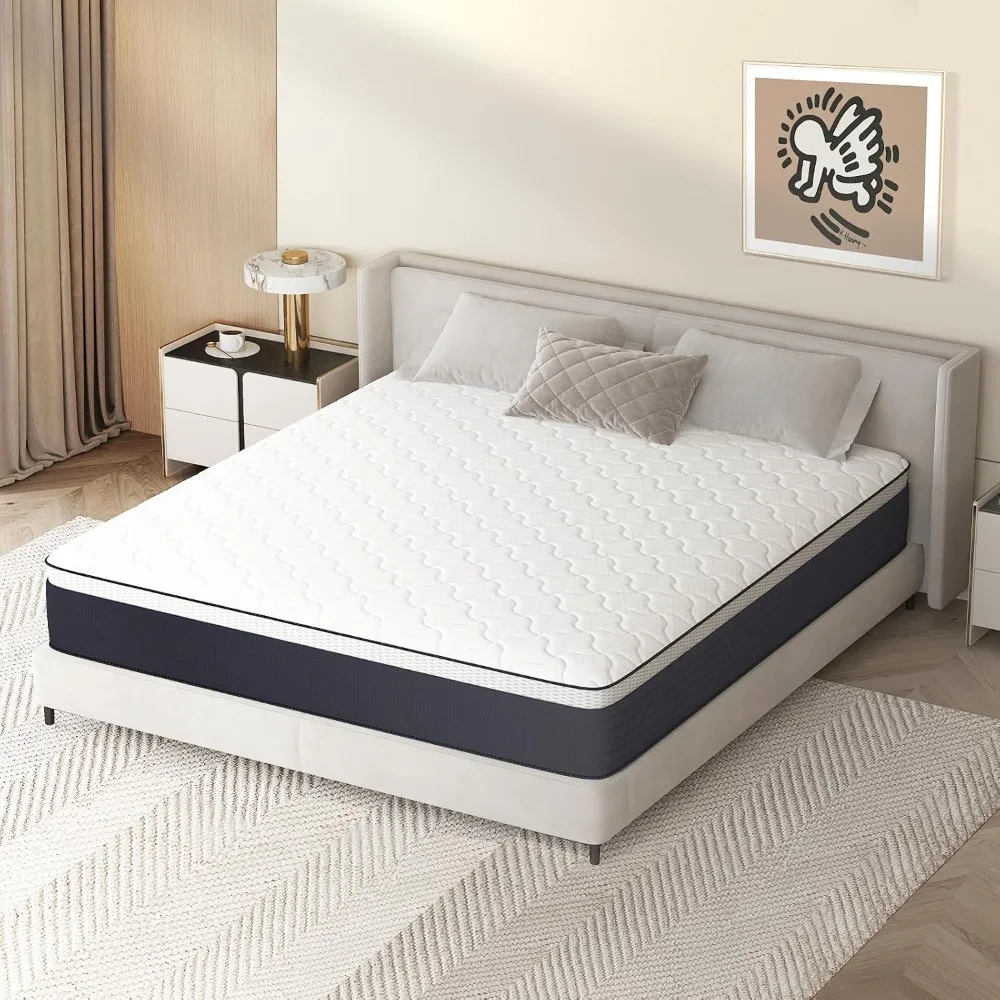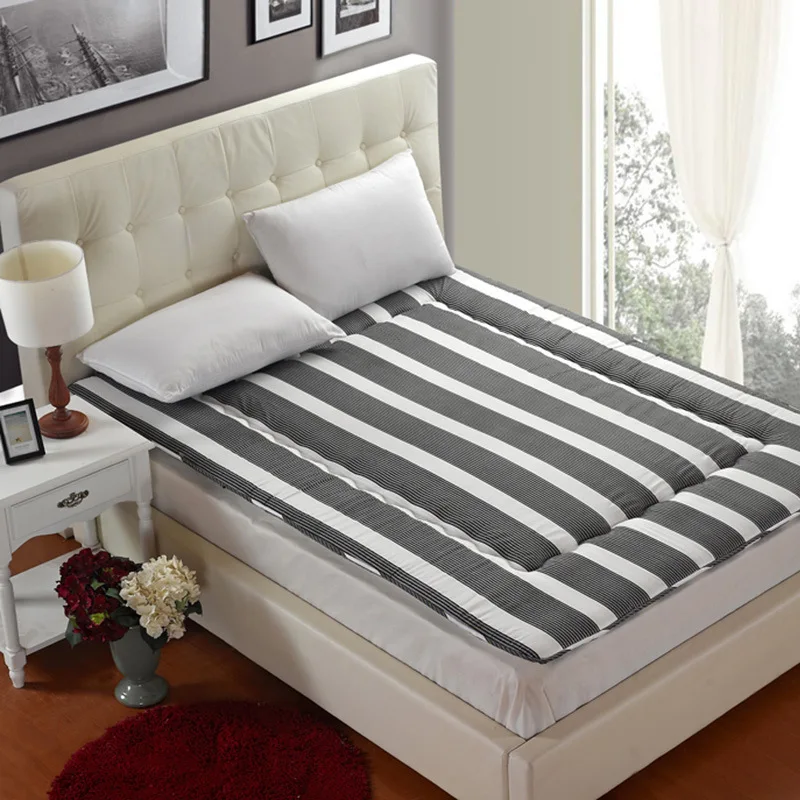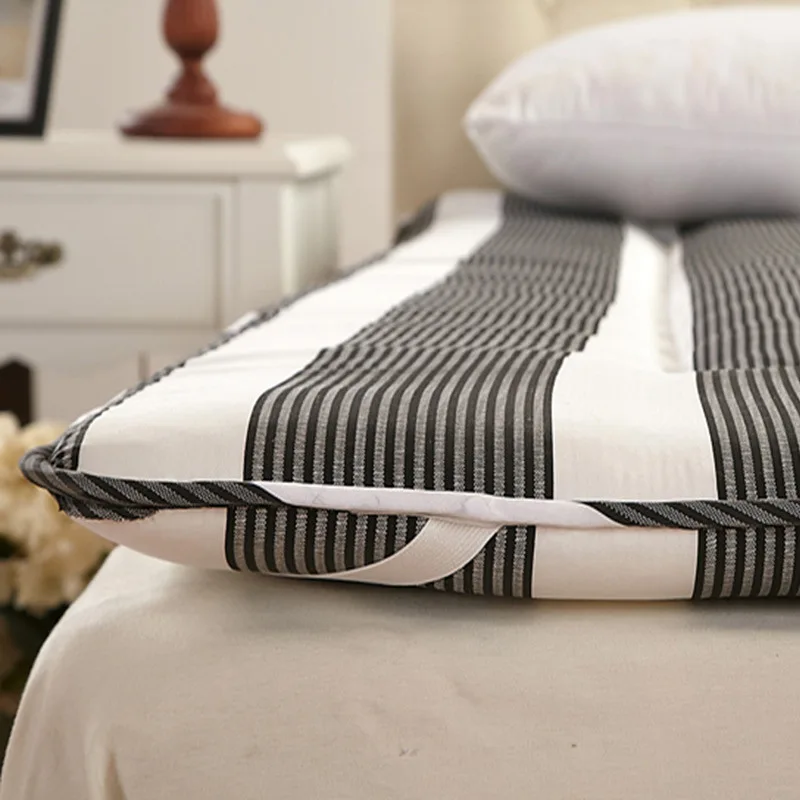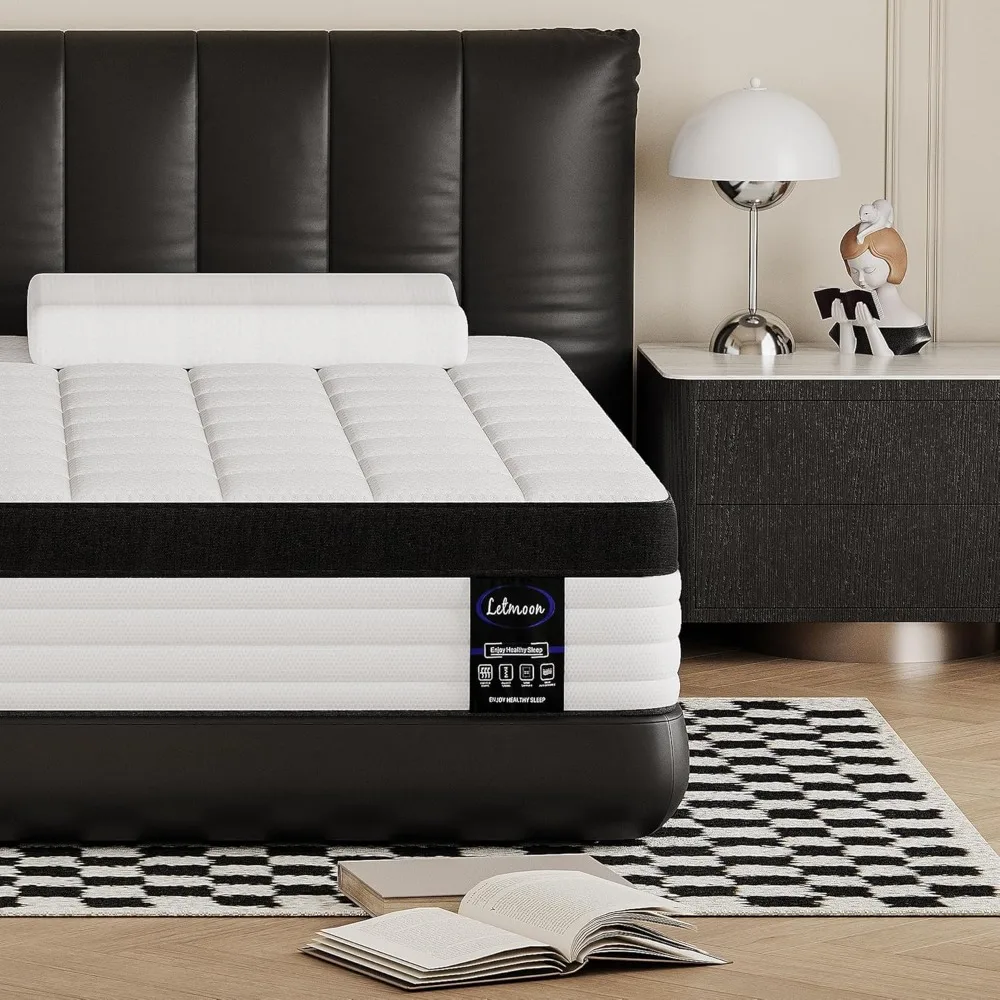Introduction
When it comes to choosing the right mattress, one of the most common concerns is finding the best option for supporting back health. In recent years, memory foam mattresses have gained popularity for their ability to conform to the body’s shape and relieve pressure points. However, there have been debates and claims that memory foam mattresses might not be the best choice for those with back pain or spinal issues. Is there truth to this claim, or is it just a misconception? In this comprehensive fact-checking article, we will delve into the scientific evidence and research to determine whether memory foam mattresses are indeed bad for your back or if they can be beneficial for back health.
Understanding Memory Foam Mattresses
To begin the investigation, it’s essential to understand what memory foam mattresses are and how they work. Memory foam, also known as viscoelastic foam, is a type of polyurethane foam that softens in response to body heat, allowing it to mold to a warm body in a few minutes. This characteristic enables the mattress to evenly distribute body weight and relieve pressure points, providing a feeling of weightlessness and comfort. Memory foam mattresses can potentially offer better spinal alignment as they contour to the body’s curves, and they often recommend for individuals with chronic pain conditions. However, despite their benefits, some people claim that memory foam mattresses could have negative effects on back health, so exploring the scientific evidence is crucial to settling the debate.

The Link between Memory Foam Mattresses and Back Pain
One of the primary concerns raised by critics of memory foam mattress is their potential impact on back pain. Some users have reported experiencing increased discomfort or back pain after sleeping on a memory foam mattress. So, the question arises: Is this subjective experience supported by scientific evidence, or are other factors involved? Research and studies on the association between memory foam mattress and back pain are instrumental in addressing this issue. By looking at existing literature and expert opinions, we can determine whether there is a significant correlation between memory foam mattresses and increased back pain or if these claims are largely subjective.
Supporting Evidence for Memory Foam Mattresses
Despite the claims of increased back pain, proponents of memory foam mattress argue that these claims are not necessarily reflective of the broader population’s experiences. Scientific studies have indicated that memory foam mattresses might actually aid in reducing back pain for some individuals, particularly those with certain medical conditions. Studies have shown that memory foam mattress can provide an improved sleep quality, reduced pressure points, and better spinal alignment, which could result in alleviating back pain. Additionally, numerous users have reported feeling more comfortable and experiencing a reduction in their back pain after switching to a memory foam mattress. These findings demonstrate the multifaceted nature of the topic and the need for a balanced assessment to distinguish between individual experiences and general benefits.
The Influence of Mattress Firmness on Back Health
Another important aspect to consider when evaluating the impact of memory foam mattresses on back health is the level of firmness. Firmness level is a critical factor that plays a role in providing adequate support for the body, including the spine. Memory foam mattress come in different levels of firmness, ranging from soft to medium to firm. The suitability of a particular firmness level in relation to back health varies among individuals, and it is essential to understand the implications of choosing the right firmness level. In this section, we will examine how mattress firmness influences back health and whether specific firmness levels in memory foam mattress might be detrimental or beneficial for back pain.

The Importance of Proper Body Alignment
Healthy body alignment during sleep is crucial for supporting overall back health and preventing pain. The spine should be in a neutral position, meaning it is aligned in a way that allows the natural S-curve of the spine to maintain. Memory foam mattresses design to conform to the body’s shape, potentially helping in facilitating proper body alignment during sleep. However, concerns have raise that memory foam mattress could cause the body to sink too deeply, leading to improper spinal alignment. By exploring expert opinions and biomechanical studies related to body alignment on memory foam mattress, we can gain insights into the implications for back health and determine whether memory foam mattresses adequately facilitate proper alignment or could potentially pose a risk.
The Role of Individual Preferences and Conditions
Individual preferences and unique medical conditions should not overlook when considering the impact of memory foam mattress on back health. Factors such as body weight, sleeping position, and pre-existing conditions can significantly influence how a memory foam mattress interacts with an individual’s body. Individuals with heavier body weight might experience a different level of sinkage and support compared to those with lighter body weight. Moreover, people with certain conditions, such as scoliosis or disc herniation, can have distinctive requirements for mattress support and pressure relief. By acknowledging the influence of individual preferences and conditions, a comprehensive assessment can be made to determine the specific suitability of memory foam mattresses for various individuals dealing with back pain.
Common Misconceptions and Anecdotal Claims
The debate surrounding memory foam mattresses and their impact on back health is often clouded by misinformation and anecdotal claims. It’s important to address common misconceptions and subjective experiences that could contribute to the negative reputation of memory foam mattress. Anecdotal claims shared online or through word of mouth might not always be representative of the broader perspective. By critically analyzing these narratives and contrasting them with empirical evidence, it becomes possible to discern between individual opinions and scientifically-supported conclusions regarding the effects of memory foam mattresses on back health.

Considering Long-Term Effects and Durability
In the debate surrounding memory foam mattress and back health, it is essential to consider the long-term effects and durability of these mattresses. One of the concerns raised is that memory foam mattresses may lose their supportive properties over time, potentially leading to increased discomfort and back pain. Investigating the durability, lifespan, and potential long-term effects of memory foam mattresses can provide valuable insights into their suitability for supporting back health. By examining user reviews and expert analyses of memory foam mattress longevity, a comprehensive assessment can be made of whether memory foam mattress continue to provide adequate support for back health over the years.
Conclusion: Debunking Myths and Advancing Knowledge
In conclusion, the debate over whether memory foam mattress are bad for your back is nuanced and multifaceted, with various factors influencing the overall impact on back health. While anecdotal claims and individual experiences should not disregard, it’s essential to rely on scientific evidence and expert assessments to draw informed conclusions. Research studies have highlighted the potential benefits of memory foam mattress, including improved sleep quality, reduced pressure points, and better spinal alignment that may aid in alleviating back pain for certain individuals. Furthermore, understanding the influence of mattress firmness, body alignment, individual preferences, and medical conditions is pivotal in determining the suitability of memory foam mattresses for different back health needs. Ultimately, by separating fact from fiction and debunking myths, we can advance our knowledge and make informed decisions regarding the selection of mattresses to support back health.










